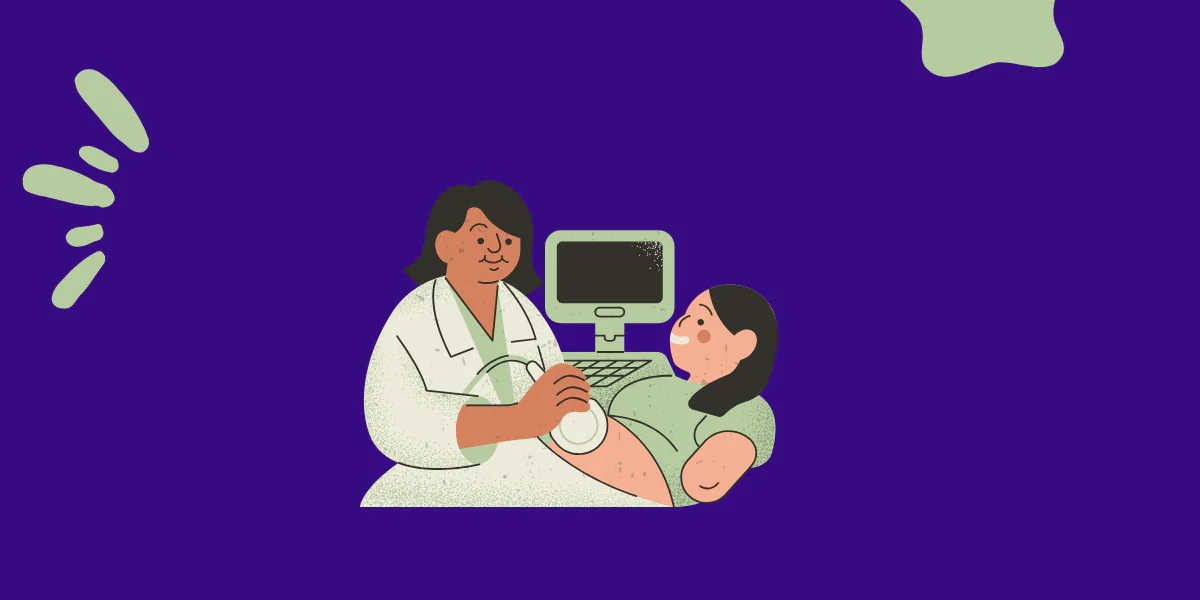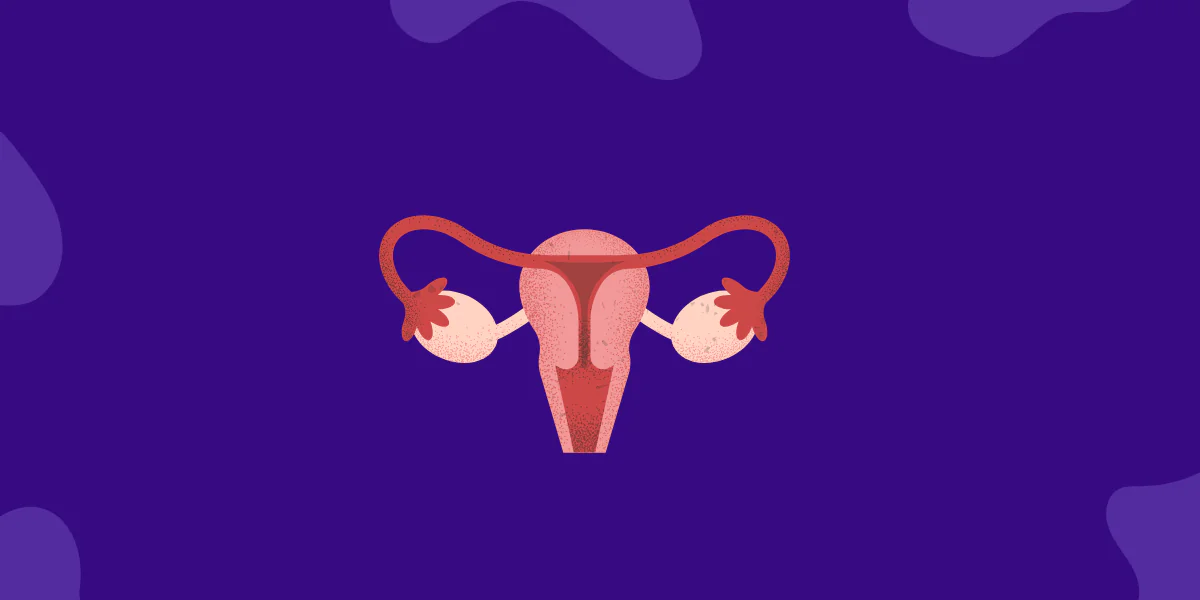Menopause can create various physical and emotional challenges, especially for working women. Here are seven key ways menopause affects your work life, along with practical tips to manage these changes effectively.
1. Hot Flashes Impact Productivity
Hot flashes, affecting 75% of menopausal women, can cause sudden discomfort and loss of focus, especially in professional settings like meetings or presentations. In India, many women face this issue without workplace support.
What You Can Do:
- Dress in layers so you can easily adjust to body temperature changes.
- Use a small fan or keep water handy to cool down quickly.
- Choose breathable fabrics like cotton to stay comfortable.
2. Mood Swings Strain Professional Relationships
Fluctuating hormones during menopause can lead to mood swings, irritability, and even anxiety, making it harder to maintain a calm, professional demeanor at work. In Indian workplaces where teamwork and collaboration are essential, this can impact job performance.
What You Can Do:
- Practice mindfulness or breathing exercises to manage stress.
- Have open conversations with trusted colleagues or managers if you’re struggling.
- Consider seeking professional help from a therapist if the mood changes become difficult to handle.
3. Sleep Disturbances Lead to Daytime Fatigue
Insomnia and night sweats are common in menopause, leading to poor sleep quality and daytime fatigue. This can reduce alertness and slow down cognitive performance, making it difficult to keep up with work tasks.
What You Can Do:
- Take short breaks throughout the day to rest and recharge.
- Maintain a consistent sleep routine and create a calming bedtime environment.
- Limit caffeine intake, especially later in the day, to prevent sleep disturbances.
4. Reduced Concentration and “Brain Fog”
Many women experience cognitive issues such as memory lapses or difficulty concentrating, often called “brain fog.” This can be especially challenging for roles that demand attention to detail or multitasking.
What You Can Do:
- Use organizational tools like planners or digital apps to stay on track with tasks.
- Break down larger tasks into smaller steps to avoid feeling overwhelmed.
- Take regular mental breaks to regain focus.
5. Physical Discomfort Affects Job Satisfaction
Menopause can cause joint pain, headaches, or general discomfort, which may make it hard to sit for long periods or keep up with physically demanding tasks. These physical symptoms can lead to a decrease in job satisfaction over time.
What You Can Do:
- Incorporate gentle stretching or short walks during the workday.
- Keep a comfortable, ergonomic workspace setup to reduce physical strain.
- Speak with HR about potential adjustments to make your work environment more accommodating.
6. Increased Stress Due to Personal and Professional Balancing
In India, many women juggle multiple responsibilities at home and work. Menopause often coincides with other life changes, such as children leaving for college or caregiving for aging parents, adding to the stress.
What You Can Do:
- Set clear boundaries between work and personal life to avoid burnout.
- Consider requesting flexible working hours or remote work options, if possible.
- Practice self-care activities like yoga, walking, or hobbies to relieve stress.
7. Lack of Workplace Support and Awareness
In Indian workplaces, menopause is still a largely taboo topic. Many women feel uncomfortable discussing their symptoms, which can lead to a lack of support and understanding from employers and colleagues.
What Employers Can Do:
- Offer educational programs about menopause for employees.
- Provide comfortable work environments with proper ventilation and access to rest areas.
- Encourage an open, supportive workplace culture where women feel safe to discuss their needs.
Final Thoughts
Menopause can present significant challenges at work, but with the right strategies, you can manage its impact. By taking proactive steps like managing hot flashes, practicing mindfulness for mood swings, and advocating for workplace support, you can maintain your well-being and productivity. In India, where discussions about menopause are still evolving, it’s crucial to foster a more supportive and inclusive work environment for women navigating this life phase.
Read also: Andropause: What Men Need to Know
Medical Disclaimer: This article is for informational purposes only and is not a substitute for professional medical advice. Always consult with a healthcare provider for personalized recommendations.




















